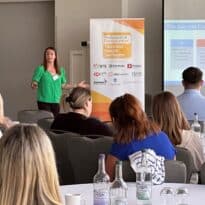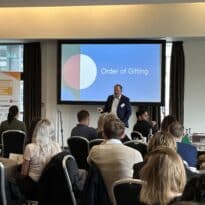Assets in discretionary MPS grew by over a third (36%) in the 12 months to 30 September 2024, spurred by strong markets and a shift from advisory and bespoke discretionary models, said NextWealth.
The changing dynamics are being fuelled by the Consumer Duty, which is leading advisers to outsource investments, the firm said.
According to NextWealth’s bi-annual MPS tracking study, costs tumbled by almost half in three years from 1% to 0.54%. The firm said fee pressure is on the OCF, with the average OCF shrinking from 75bps in 2021 to 36bps in September 2024. Some of this is related to the rapid increase in the use of passive options, with the percentage of assets in passive increasing to 43% from 29% in just two years.
Heather Hopkins, managing director of NextWealth, said: “The MPS sector is thriving but crowded. DFMs are having to be fleet of foot to compete. One clear trend is the use of a building block approach among DFMs offering active solutions. These firms use in-house products as part of the mix to help bring down cost, widen the investment universe and ease challenges of rebalancing on platform.
“Our research shows amongst those who use in-house products over half of assets are allocated to in-house products.”
The study also showed that the top 10 firms accounted for two-thirds of all net asset growth, while the remaining 42 firms captured only one-third of growth. Tatton, Quilter and Timeline fared particularly well, adding over £14 billion worth of assets collectively in the year to 30 September 2024.
Separately, NextWealth said there are four main business models for DFMs, including investment led; service led; tech led; and advice integration led.
Hopkins said: “Clear differences are emerging between DFMs based on the primary business model. Investment led firms major on their investment credibility and often offer MPS as part of a wider investment solution business.
“Most firms say they are service led, but some put service and the ability to customise the offering and work closely with advice firm clients front and centre.
“The pressures and drivers of growth differ between the models and we think firms that don’t fit into one of these four models will struggle to capture share in future.”
In addition, NextWealth said assets in sustainable portfolios continue to represent less than 10% of the wider MPS market, growing from £9.4bn in 2023 to £10.6bn in 2024.
Hopkins added: “15 DFMs said that the share of assets in sustainable portfolios fell in the last 12 months and only four reported an increase. The feedback we got is that this wasn’t the result of outflows but the result of stronger flows to other models.”
Main image: eone-venter-VieM9BdZKFo-unsplash





























